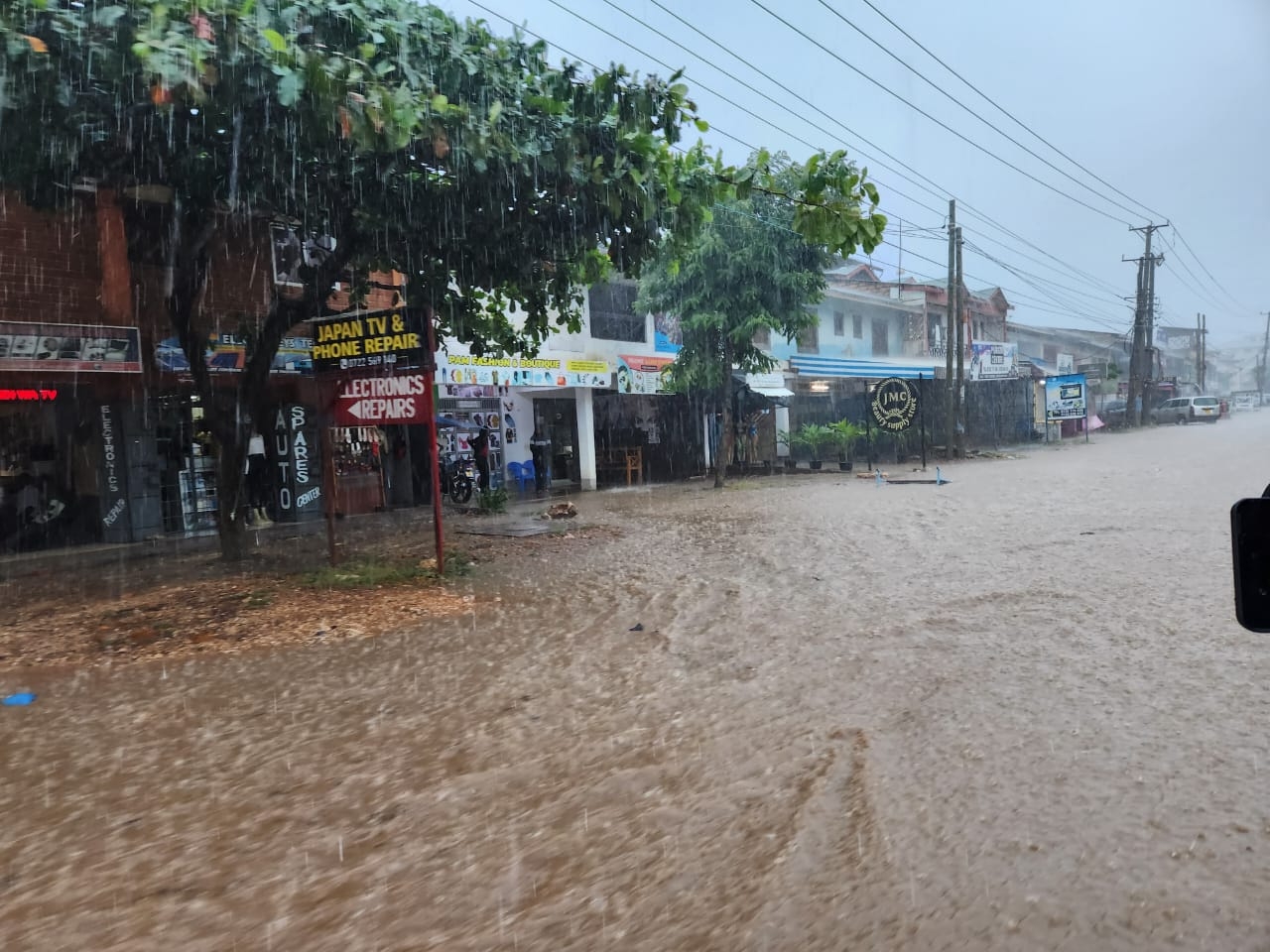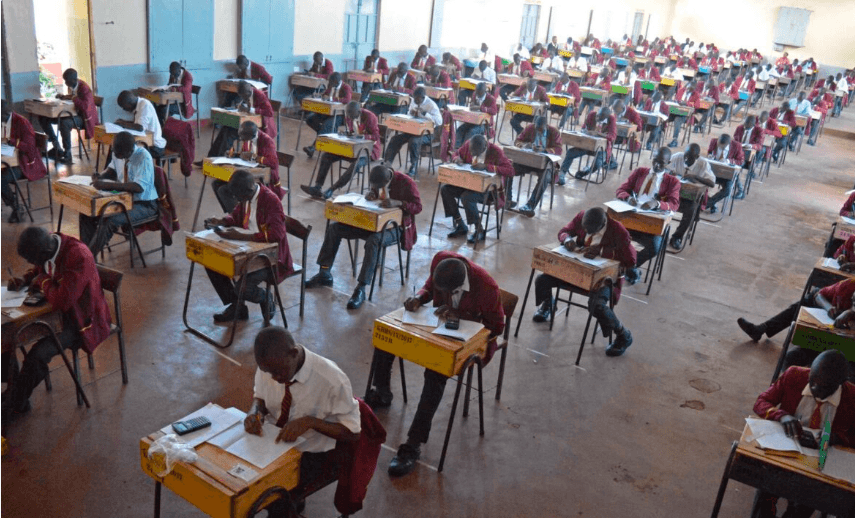It is early morning at Chania Kwa Rwamba area in Nyeri town when the group of about 15 children converge in the yard outside their homes.
The aftermath of Tuesday's rain has made it a chilly day — the children have come in blue, red and pink sweaters. Some wear gumboots but others have their everyday sandals.
They are home because of the coronavirus, but today they have to try their hands at farming using sacks.
To teach them are a group of youths led by Eric Makara, Emily Mwangi and Millicent Waithira.
First, they fill sacks with soil mixed with well-decomposed farmyard or compost manure.
As they do that, they place sizeable stones at the centre of the sack from the bottom to the top.
The pebbles enable water to drain from the top to the bottom of the sack distributing it evenly.
Second, they get vegetable seedlings — some sukuma wiki, onions and spinach — and plant them at the top and through holes bored on the sides.
This method enables them to grow a lot of vegetables using limited resources.
When they finish for the task by watering, Makara and his team help the children put the sack gardens in a safe and conducive place where they can thrive.
Then they make way to a table laid out with cups of porridge.
The youths came up with the initiative to ensure the children are busy and at least get a meal.
They also brought books so that the children could learn at home because school was disrupted and it is unclear when it will reopen.
“We could not afford to provide them food, so we thought a cup of porridge a day would do,” Waithira said on Tuesday.
The farming venture will also be a competition for children as those who can tend to their gardens well will be awarded.
The performance of the gardens will be evaluated every two weeks and presents given to the first five whose vegetables will be flourishing.
“They will be getting shopping vouchers or any other small token to motivate them,” she says.
The initiative will provide needy families with food to supplement whatever their meagre stock as earnings have become non-existent.
The children will also learn about hard work, get a sense of responsibility and be acquainted with farming activities.
“We have provided them with the requirements which are sacks and seedlings for planting to start them off. About 20 different families with young children below the age of 11 have benefitted in the first phase of the project,” Waithira said.
Makara, a member of the group and a resident of the area says the gardens are set up using available materials. They are suitable for urban settlements and in slums where land is limited.
He says people in slums are more vulnerable to Covid-19 and calls on the government to provide them food relief, face masks and sanitiser.
Makara said other well-wishers should chip in and give them a boost by initiating other simple projects. Poultry and rabbit keeping to improve their nutritional needs and earnings would be ideal, he says.
“Most of their parents were street traders, bar attendants and waiters in food kiosks but lost their jobs and, therefore, need help,” he said.
Mwangi, who provided the books, said many poor families cannot afford smartphones, tablets, laptops, desktops or even internet for their children to study online.
Sofia Kangai, a Standard 7 pupil at Hill Farm School says she is prepared for the challenge.
“We are more than prepared to tend to the farms by watering them and even applying manure,” she says.
Virginia Gathoni, a resident of the slum, thanked the group and called on other well-wishers to provide them with wood fuel and flour to keep the project going and children motivated.
(edited by o. owino)

















